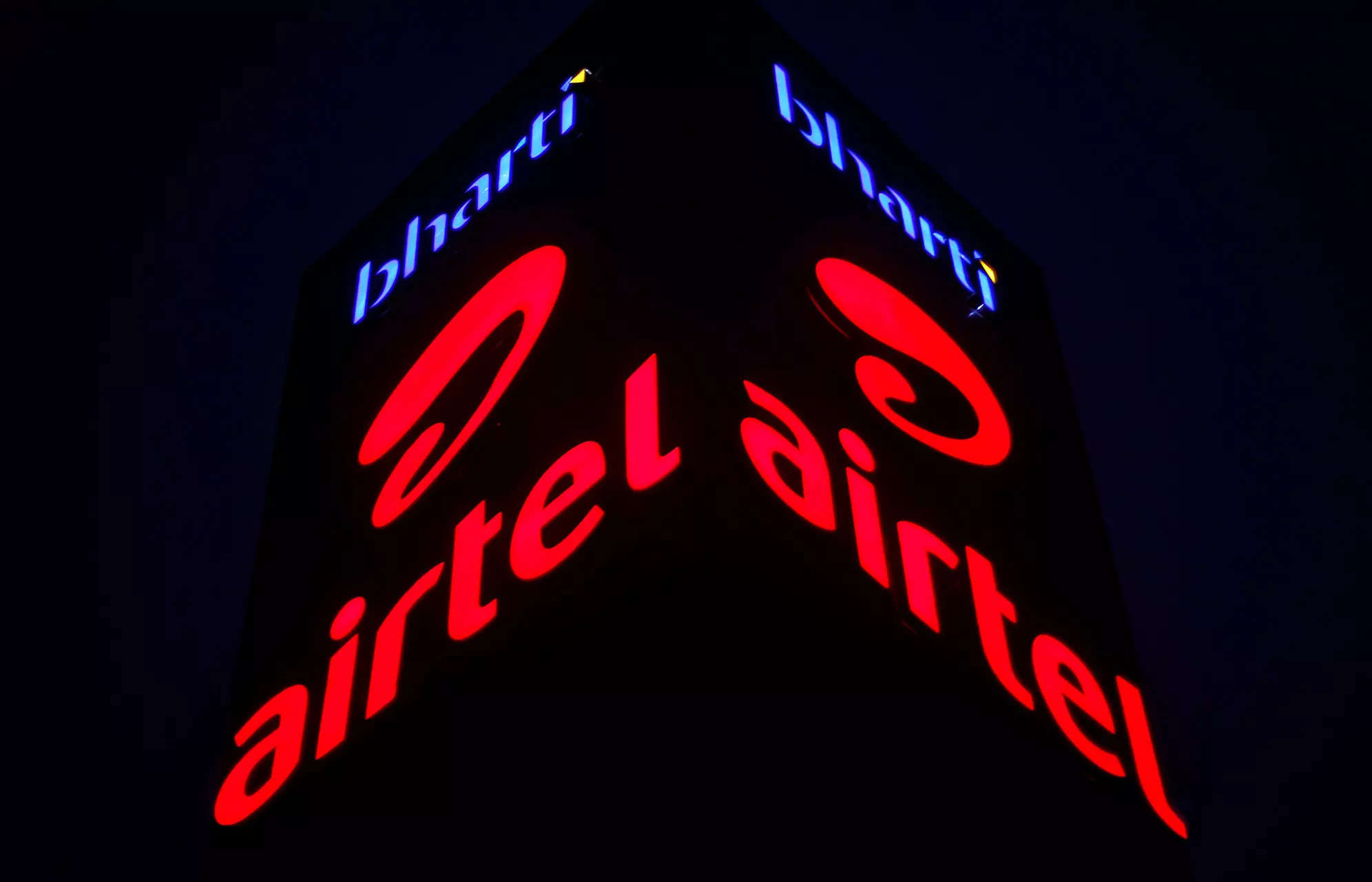Airtel trades higher amidst high data user addition in Q4
In morning trade, the stock had given up some gains by trading up 0.3% at Rs1289.15, after touching an intraday high of Rs1312.80 on the BSE.
New Delhi: shares rose over 2% in early trade Wednesday, boosted by robust , even though consolidated fell a sharp 31% on year hurt by devaluation of the Naira currency of Nigeria.In morning trade, the stock had given up some gains by trading up 0.3% at Rs1289.15, after touching an intraday high of Rs1312.80 on the BSE.
“We believe share defence, falling capex and resumption of price repair can drive up ROIC (Return on Invested Capital) and hasten deleverage. The stock continues to appear fully priced and bakes in a punchy tariff hike, limiting potential upside,” said in a research note.
The second-largest ’s net addition of 6.7 million subscribers came in well-ahead of analyst expectation, although missed estimates.
“Bharti's India operating results were mixed; while net adds came in well ahead of UBSe at 6.7mn (vs run rate of 3-4mn in past quarters, and vs UBSe of 3.8mn), ARPU growth of 0.5% QoQ (Rs209) was lower than our 2.2% estimate (Rs213),” said in a research report, adding that it expected higher ARPU on the back of strong postpaid net additions of 0.8 million and 4G/5G net addition of 7.8 million.
Brokerage firm raised its revenue estimates by up to 5% to factor the beat and higher . “Bharti Airtel’s 15-16% CAGR in India rev/Ebitda along with moderating capex should support deleveraging of $6 bn over FY25-26, which in turn will boost ,” the brokerage said in a research note reiterating its Buy rating with a price target of Rs 1,590.
The company’s capital expenditure grew 9% sequentially in Q4FY24 due to higher spend in non-mobile segments, while mobile capex remained below the Q1FY24 peak, which bodes well for Bharti’s capex outlook, Jeffries said.
“Over FY24-27, we expect Bharti to deliver a 15/16% CAGR in India revenues/Ebitda, assuming a 20% tariff hike in 2QFY25 and a 10% tariff hike in 2QFY27,” the brokerage said.
(BofA) noted that the company’s EBITDA margins contracted slightly by 80 basis points sequentially due to a 3% sequentially higher license fee and SG&A expenses.
“EBITDA Margin decreased by 28bps qoq to 49.9% for Homes, while for Enterprise segment the EBITDA margins deteriorated by 156bps qoq to 38.1%,” BofA Securities said.
Source: Stocks-Markets-Economic Times
